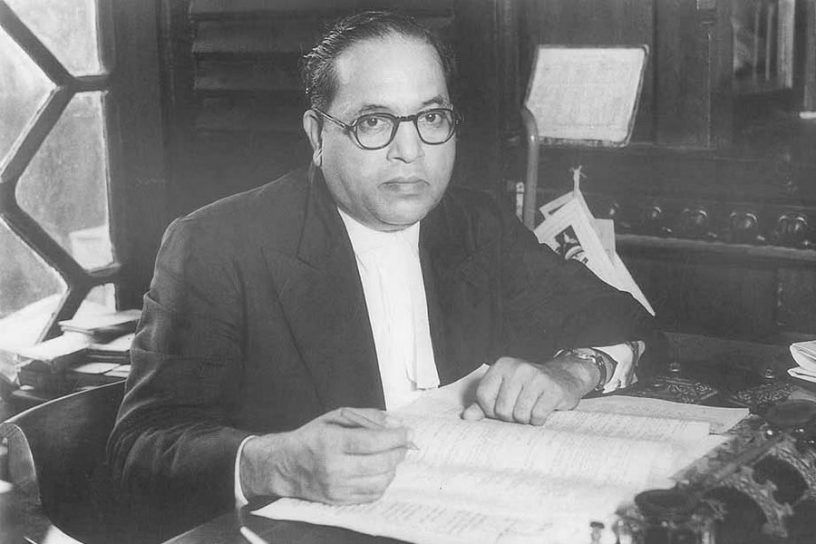
While much of Communist-led labour politics was urban factory-based, Ambedkar waged a struggle against the Mahar Watan in the countryside and challenged the caste-based occupational order.
Author
Sumeet Mhaskar, Associate Professor, Jindal School of Government and Public Policy, O.P. Jindal Global University, Sonipat, Haryana, India.
Summary
The recent years have witnessed the ‘mainstreaming’ of B.R. Ambedkar in India. While mainstream political parties from the Right to the Left are desperately trying to appropriate him, in academia, Ambedkar has become a fashionable subject. As a result, the present engagement with Ambedkar does not challenge the prejudiced lenses that have hitherto invisibilised his writings as well as his social and political interventions.
This is evident in the case of Ambedkar’s engagement on the labour question. It is still common to find scholars and activists arguing that Ambedkar merely addressed the “caste question” and ignored the “larger” “class question”. Such a view overlooks the conditions of the early 20th-century Mumbai, which saw the emergence of Communist politics and the consolidation of radical anti-caste Dalit politics under Ambedkar’s leadership.
These two forces fiercely contested against each other over “labour question” but also collaborated on a few occasions. The diverse engagements brought to the fore, the limits of “working-class unity” as well as possibilities of associated engagement.
The textile strikes
During the initial years, Ambedkar’s labour activism was carried out through his association with the Bombay Textile Labour Union, which was formed in 1925 by the moderates such as N.M. Joshi and R.R. Bakhale. In the textile mill weaving departments that paid the highest wages, Dalits were excluded from working due to “pollution”. During the weaving process, each time the weft bobbin required a replacement, workers had to wet the thread with their saliva to tie the knot. The Maratha caste workers argued due to this process, Dalits working in the weaving department would result in ‘pollution’ for them. They took that as the pretext for not allowing Dalits in weaving departments.
Published in: The Print
To view the full article, please click here.


